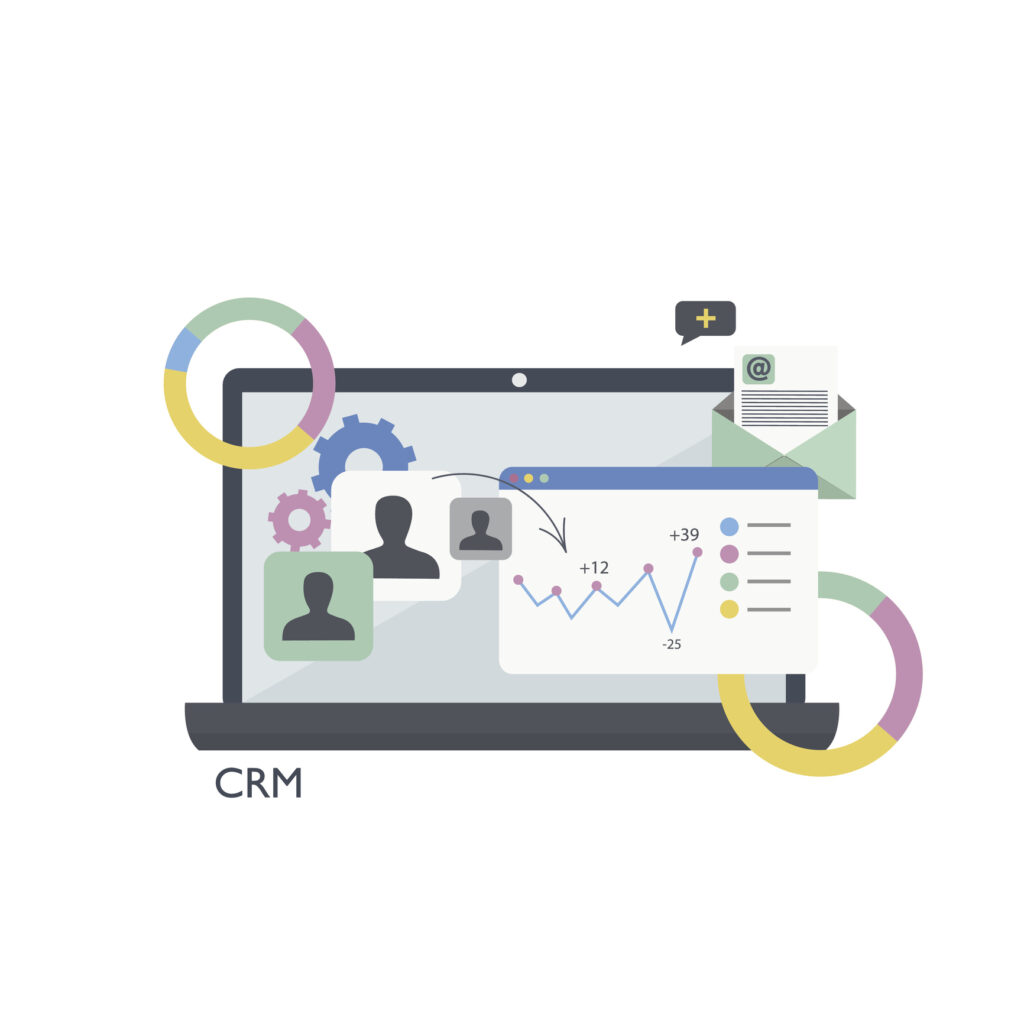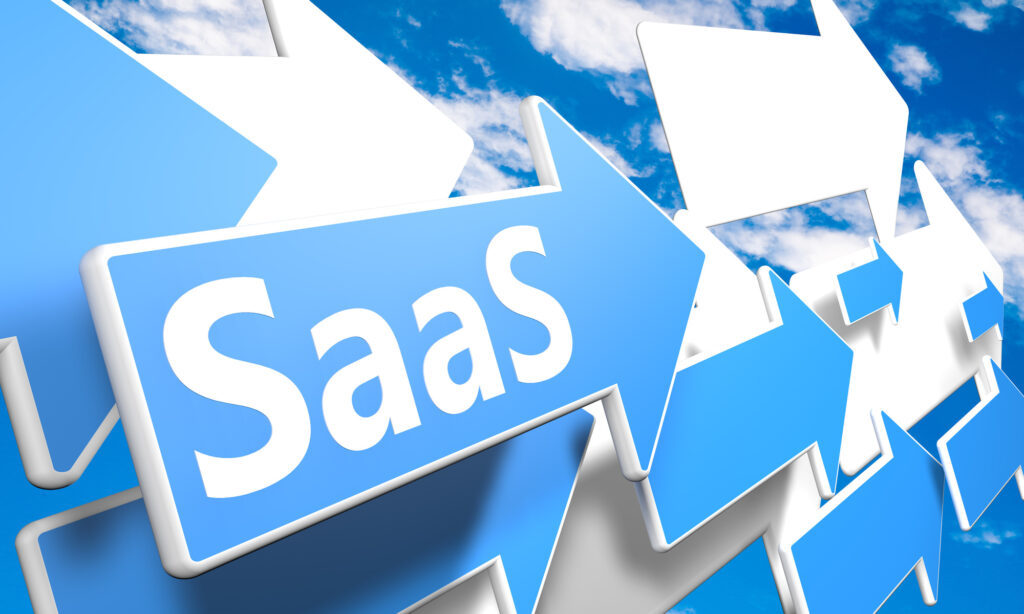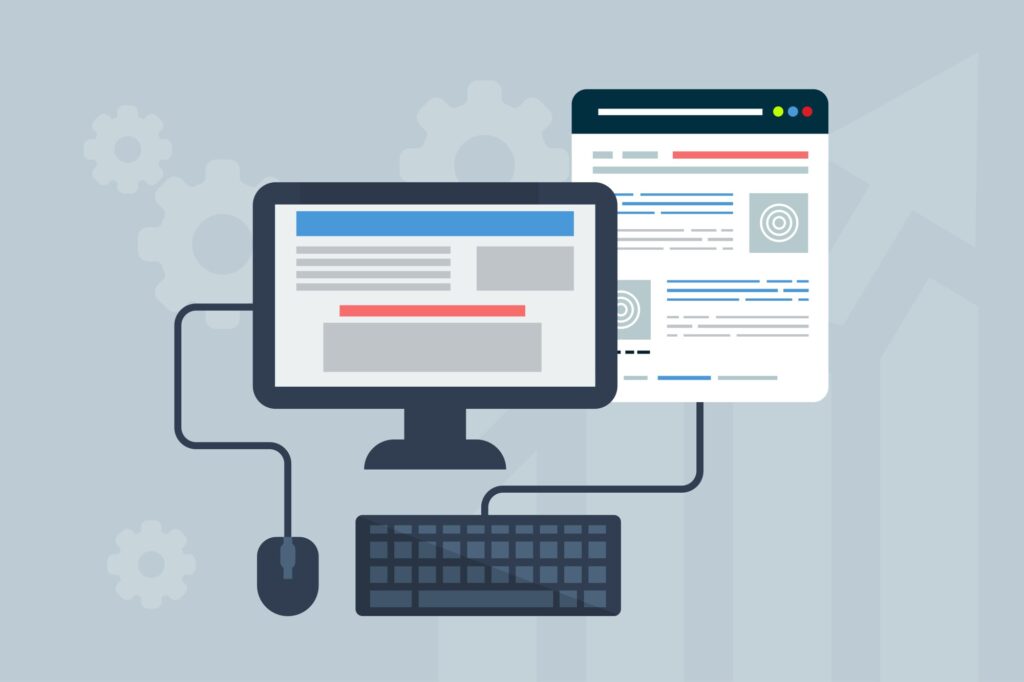Does your small business need a CRM?
November 8, 2019
CloudCommunicationCRMDigital Marketing
Keeping and maintaining a customer database is one of the most essential aspects to running a business. Making sure you keep track of new customers, interactions with existing customers, and potential new leads can be an arduous task to take on, and sometimes disorganization within a company can lead to decreased productivity and even customer loss. This chance increases incredibly as you take on more and more customers. Furthermore, interacting with dead customer leads can be a huge waste of resources for a company. However, many of these issues can be solves with the use of a CRM.
CRM stands for Customer Relationship Management. It’s software designed to help your business organize and streamline customer interaction. In its most basic use-case, it stores and keeps customer contact information, but incorporating a CRM can also help you to manage and maintain existing customer relationships, track new leads, optimize marketing, and keep track of delivery. CRMs aim to not only organize customer data, but it also helps businesses to learn how to read this data and turn it into a real functional tool.
More Efficient Customer Interaction
Aside from organization, CRMs are used to keep track of interactions employees have had with customers. Employees don’t want their time wasted with meaningless phone calls and customers don’t want to receive meaningless phone calls. Eliminating meaningless customer interaction makes sure that not only are your employees using their time in the best way for your business, but it also keeps business to customer interactions from being overly excessive. Your customers are also busy, so making sure that communication is limited to what is needed is important. You don’t want your company to get the reputation for spam calls. Keeping track of interaction can also eliminate unfriendly and unneeded in-house competition, that could result in losing clients. This can help to make sure certain employees are in charge of particular clients, which creates more personable interaction, without the worry of another employee going over their head.
Benefits of the Cloud
Most CRMs, such as Microsoft Dynamics, operate on a cloud based system. This grants your company access to many of the benefits of working with the cloud. It means there’s less reliance on expensive in-house company servers, and it allows employees to access your customer database from anywhere in the world. This can be helpful for on-location service calls or anytime when an employee or business owner is away from the office.
Useful Data
Microsoft’s Dynamics is one of the leading CRMs in the tech world, because it offers algorithmic insights into your business which helps businesses to make more informed decisions when pursuing and interacting with customers. Dynamics offers a custom dashboard which prioritizes particular data sets and assigns potential customers a score based on past interactions. Although this isn’t the only factor going into a customer relationship, the scoring system does help to target specific customers who are more likely to pursue a business relationship.
Marketing Campaigns
CRMs also help you to organize all of your marketing channels. From e-mail blast, social media, and more, Dynamics allows you to run multi-channel marketing campaigns, in order to best reach potential customers. It also provides feedback from marketing campaigns and customer interactions, in order to personalize a customer’s experience and to gain insight on your business’s brand reputation.
A CRM can be a powerful tool for both small and large businesses. The functionality created through the cloud, data sets, and organizational tools is incredibly necessary for running a competitive company in the digital world.



